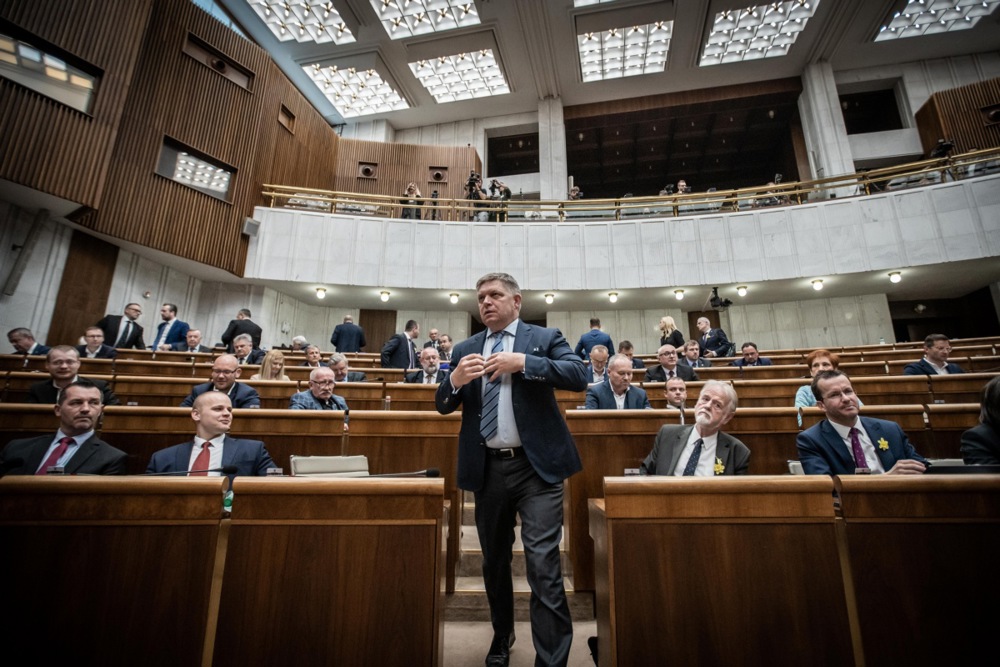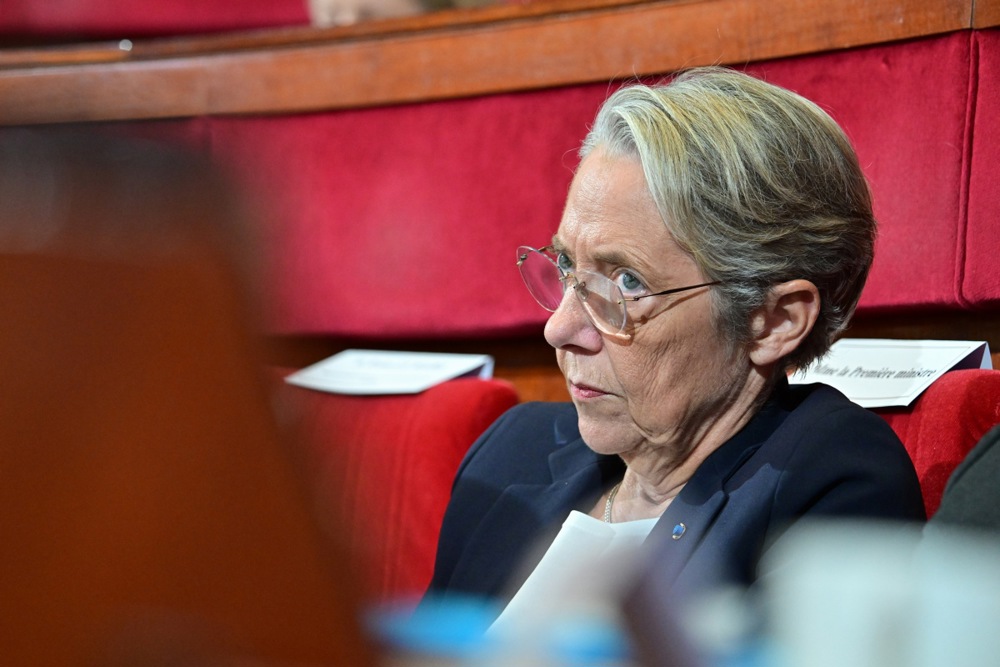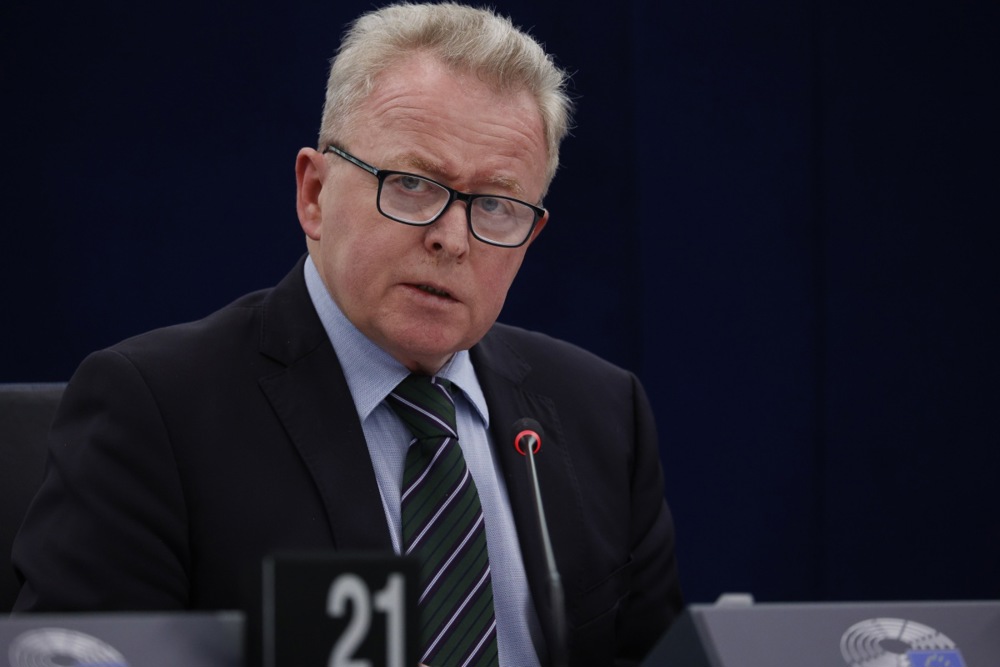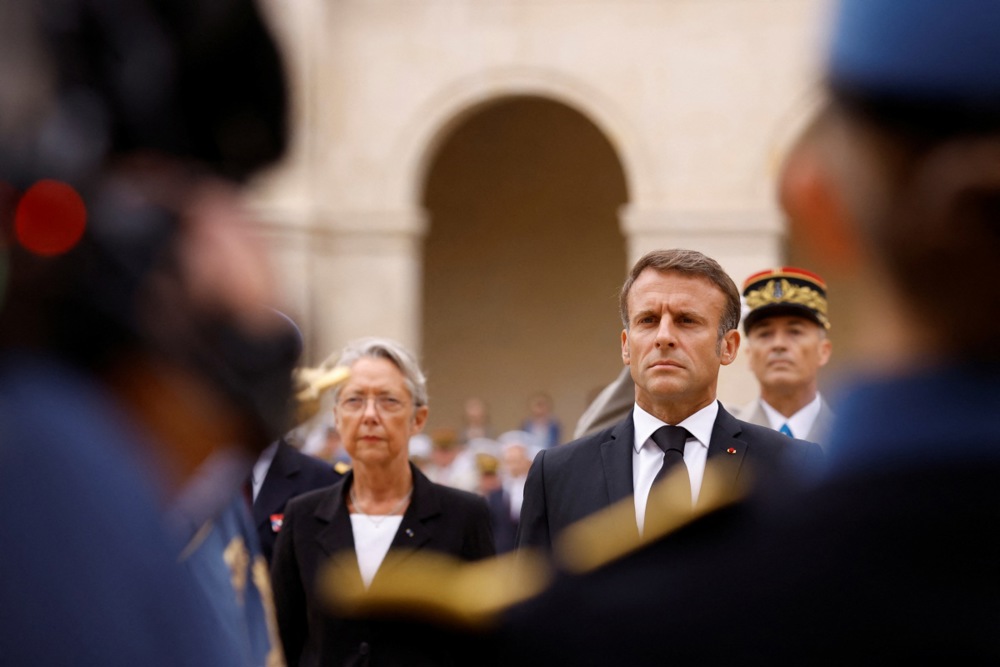The European Union’s budget is at risk of being derailed by arguments over the continued aid being sent to Ukraine.
The leaders of all 27 Member States assembled on October 27 to give their definitive green light on the EU’s policy.
Hungary and Slovakia are opposing the bloc’s proposed €50 billion in financial aid, which is being tied in with the EU’s entire budget, known as the Multi-Annual Financial Framework (MFF).
One diplomat said the inclusion of the Ukrainian aid in the EU’s broader budget was a dishonest move by the European Commission. The EC was attempting to “bully” Member States to contribute more money to the MFF, the diplomat claimed, adding that the Ukraine aid package should be dealt with separately.
“There is no need to find an agreement by the end of the year on anything but Ukraine,” the Eurocrat said.
The financial assistance package for Ukraine is being held up by Hungarian Prime Minister Victor Orbán and Slovakia’s newly-appointed Prime Minister Robert Fico.
Both oppose the aid, claiming that the EU’s support for Ukraine in its war against Russia is prolonging the conflict.
“We have a very transparent and clear policy on [Ukraine],” Orbán said when asked about Hungary’s standpoint on EU aid to Ukraine.
“We are proud of it [the policy] … we are the only one who is speaking on behalf and in favour of the peace, which would be [in] the interest of everybody in Europe.”
Orbán was also asked about the prospect of finding himself isolated within the Council, since Polish allies had lost the recent national elections in Poland. Smirking, he replied: “Alone? No, the spirit of Europe is with me!”
Fico for his part was recently elected on a platform of ending Slovakian aid to Ukraine. He followed through on October 26, announcing his government would cease all military supplies to Kyiv.
“I will support zero military aid to Ukraine … An immediate halt to military operations is the best solution we have for Ukraine. The EU should change from an arms supplier to a peacemaker,” Fico stated.
Slovakia’s new Prime Minister Robert Fico announced on October 26 that his government will end military aid for Ukraine. https://t.co/DBXVq0OEww
— Brussels Signal (@brusselssignal) October 26, 2023
Diplomats and other national leaders have insisted there is significant unity across the EU over supporting Ukraine.
Belgian Prime Minister Alexander de Croo seemed optimistic, saying that “almost everyone supports more aid for Ukraine”.
Others believe that Orbán and Fico’s objections are really more self-serving. Orbán is looking for the EC to give Hungary EU funds that are currently blocked due to rule-of-law concerns as a quid-pro-quo for backing aid to Ukraine.
Fico is believed to be keeping up appearances for his domestic audience. He additionally wants concerns over alleged corruption in Ukraine to be taken into account regarding aid.
Bulgarian Prime Minister Nikolai Denkov said that he believed neither Slovakia nor Hungary opposed Ukrainian aid in principle. “The questions are what type of aid and how the European Union is sure that this aid is used efficiently,” he added.
The real block that the EU appears to be running into is the overall MFF itself, rather than the Ukrainian aid, which is only a part of it.
The EC is looking for more contributions from the Member States to support an increased EU budget. It appears that the frugal Northern nations are resisting that.
The Danes have claimed the EC needs to look at its unused funds to make up the difference, with Dutch Prime Minister Rutte saying the EC should to look elsewhere for money.
Rutte added that more countries were now backing a frugal position against the EC.
Leaked documents from Sweden show Stockholm telling the EC that it can make a huge difference if it reduces its other budgets by an average of 4 per cent.
Council summits usually like to wrap up early on a Friday to allow the EU’s leaders time to get home.
Yet with many more pressing issues on the agenda, including the ever-controversial question of the migration pact, October 27’s summit may yet go late into the night.





